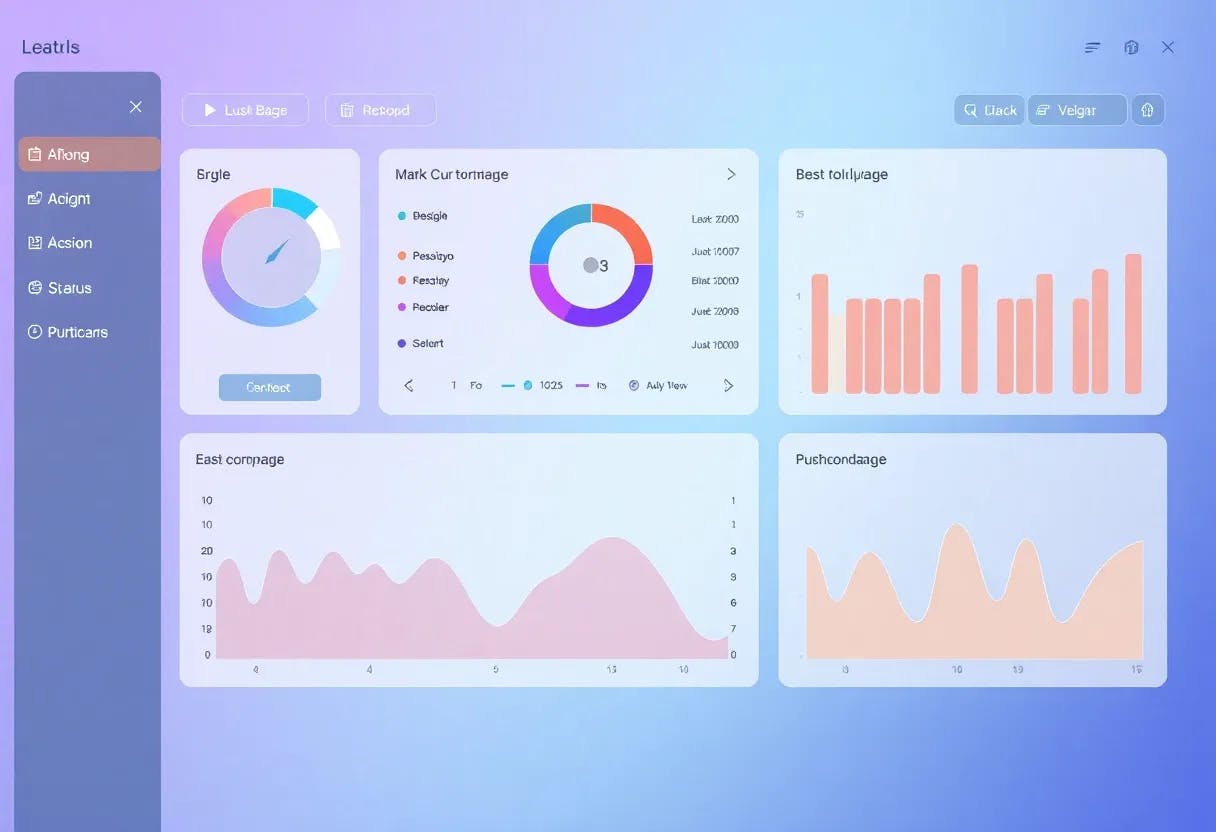Over the past decade, African startups have been obsessed with rapid user acquisition, i.e., chasing growth at all costs to impress investors. However, the game is changing. In 2024, African tech funding fell to $1.1 billion, a 50% drop from 2023, and customer acquisition costs are rising due to infrastructure gaps and localised marketing needs. With more than 678 fintech ventures active across the continent (up from 576 in 2021, according to Disrupt Africa), competition for the same customers has never been fiercer. How then can the next unicorns achieve meaningful growth?
From my experience scaling fintech and SaaS products across Africa and globally, I’ve seen firsthand that the startups with the most users are not necessarily the ones that thrive. I have also taken time to study Africa’s current unicorns, and I noticed that the ones that endure are the ones that keep the users they already have. Retention drives sustainable growth, increases lifetime value, and ultimately creates companies resilient enough to survive tightening capital markets.
The cost of growth is becoming unsustainable
African startups now face the highest acquisition costs in their history. Research by Ingressive Capital shows they typically allocate 20%–40% of operating budgets to marketing and customer acquisition, while digital ad costs in key markets like Nigeria and Kenya have doubled in the past three years. Each marginal user acquired costs more and converts less.
When acquisition eats this much of the budget, every churned user represents not just lost revenue but wasted capital. By contrast, a 5% increase in retention can boost profits by 25%–95%, compounding gains without equivalent cost. For African founders, growth now depends less on adding new users and more on keeping the ones already acquired.
Retention is the real growth engine
Retention multiplies growth without multiplying spend. In my opinion, companies with strong retention grow revenue 2–3× faster than those relying mainly on acquisition. For African startups facing higher customer acquisition costs and lower funding, that speed differential can mean survival versus failure.
Retention also gives founders predictable, investor-friendly metrics. With churn under control, lifetime value rises, burn drops, and profitability becomes achievable earlier, critical advantages in capital-scarce environments. Loyal users bring referrals, lower support costs, and act as a buffer against competitors. In Africa’s crowded tech market, that is often your only defensible edge.
African market dynamics make retention even more critical
Africa’s operating environment amplifies the cost of churn. Payments are fragmented, trust is low, and connectivity uneven, meaning every acquired user is harder to win and easier to lose. In Sub-Saharan Africa, the median cost of 1 GB of mobile data equals 15.3% of monthly GDP per capita for the poorest income quintile, making it expensive for users to stay consistently engaged with digital products.
Competition is also heating up. The number of African fintechs rose 17.7% in two years, pushing customer acquisition costs higher and making retention essential to protect margins. And because localised marketing and offline support drive up re-engagement costs, winning back a churned customer can be 2–3× more expensive than keeping them in the first place.
The implication is that the percentage point of retention gained in Africa yields an outsized impact on unit economics. Founders who design their products to survive intermittent connectivity, leverage offline touchpoints, and build trust with transparent pricing will outperform those chasing scale with unsustainable ad spend.
Lessons from Africa’s existing unicorns
Africa’s leading startups have proved that unicorn status comes from retention. For instance, Flutterwave, now valued at over $3 billion, deepens loyalty with APIs, recurring payments, and social-commerce tools, and not just onboarding merchants. Wave, valued at $1.7 billion, wins by charging ultra-low 1% fees, free deposits/withdrawals, and 24/7 support to keep mobile-money users engaged.
Jumia, still Africa’s e-commerce leader, uses subscription models like Jumia Prime to drive repeat orders and lower churn while expanding rural agent networks to lock in loyal customers. These tactics show that retention drives valuations, investor confidence, and sustainable growth effectively.
The next decade will belong to retention-first founders
For African founders and investors, the economics are undeniable: acquisition is getting harder and more expensive, and retention is getting more valuable. The next unicorns will win not by outspending rivals on ads, but by making their products indispensable to the users they already serve.
That means they should embed retention thinking from day one, build onboarding that sticks, design low-friction experiences for intermittent connectivity, offer transparent pricing, and create community-driven loyalty loops. Investors must reward retention metrics over vanity acquisition numbers when evaluating early-stage companies.
Retention is the strongest hedge against Africa’s rising customer acquisition costs, shrinking funding pools, and intensifying competition, and it will define the continent’s next generation of unicorns.
______
Stephen Akadiri is an organic growth expert with 6+ years’ experience scaling fintech, media, and SaaS brands globally. As Senior SEO Growth Manager at Grey (YC W22), he drives sustainable growth across markets.
Mark your calendars! Moonshot by is back in Lagos on October 15–16! Meet and learn from Africa’s top founders, creatives & tech leaders for 2 days of keynotes, mixers & future-forward ideas. Get your tickets now: moonshot..com









